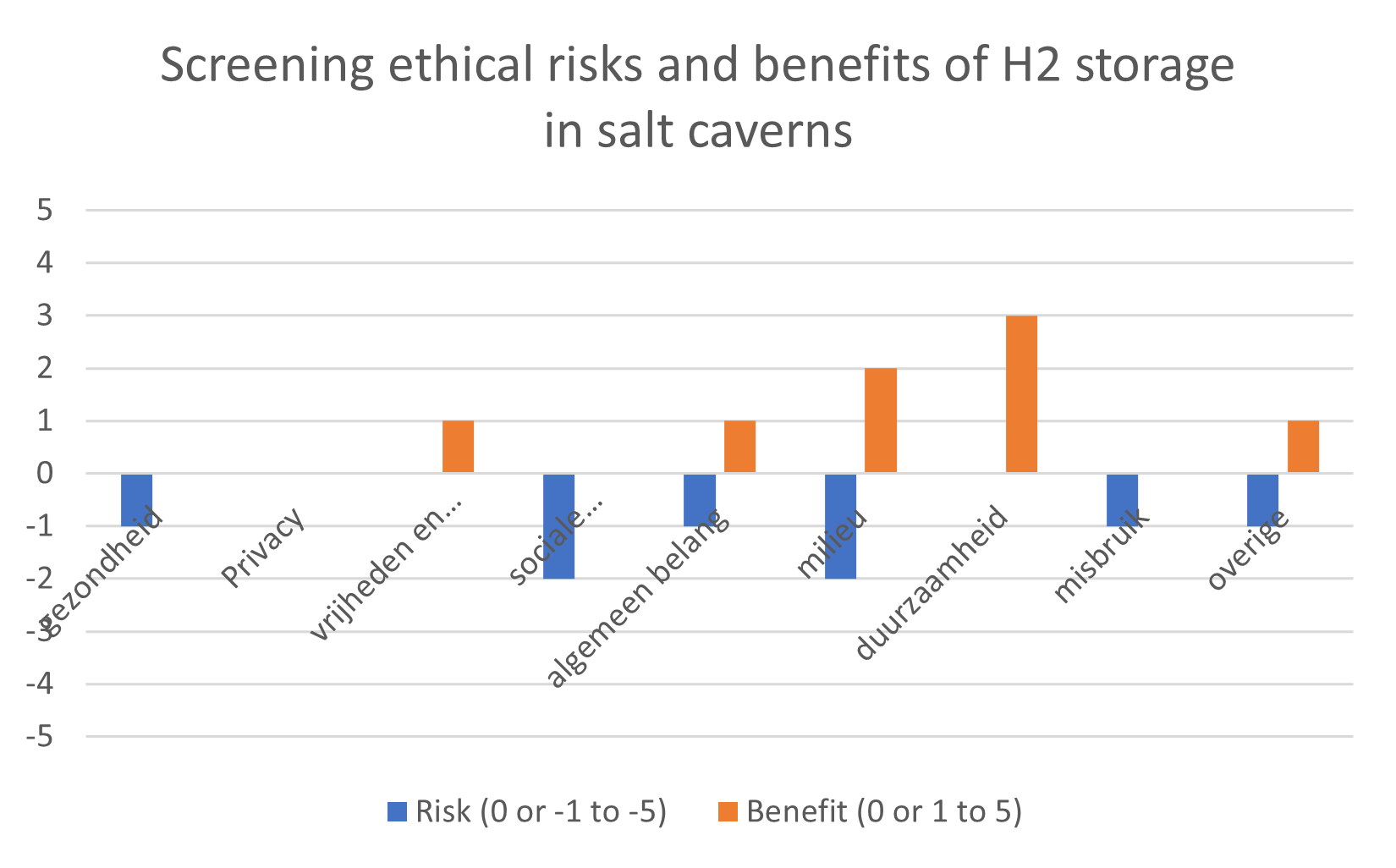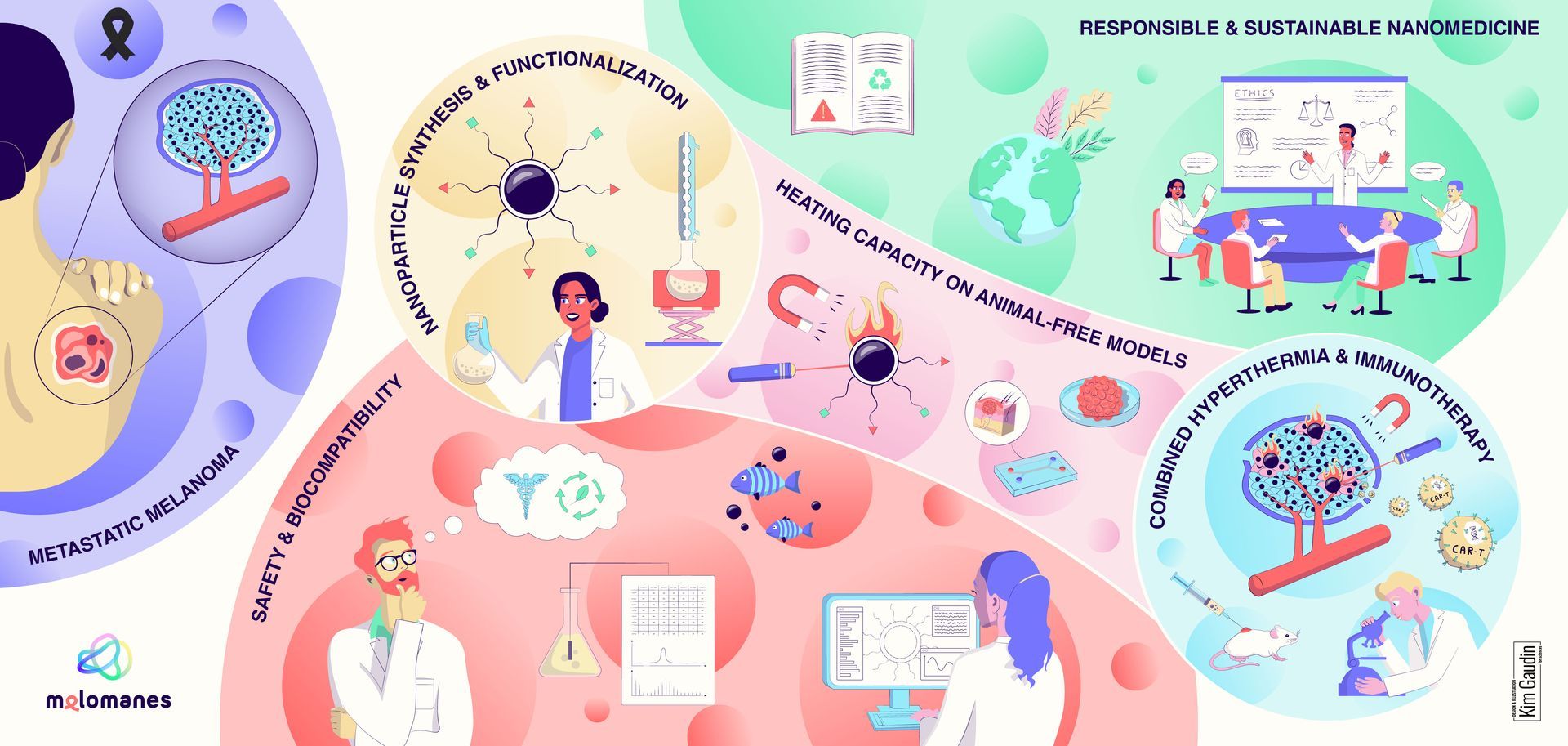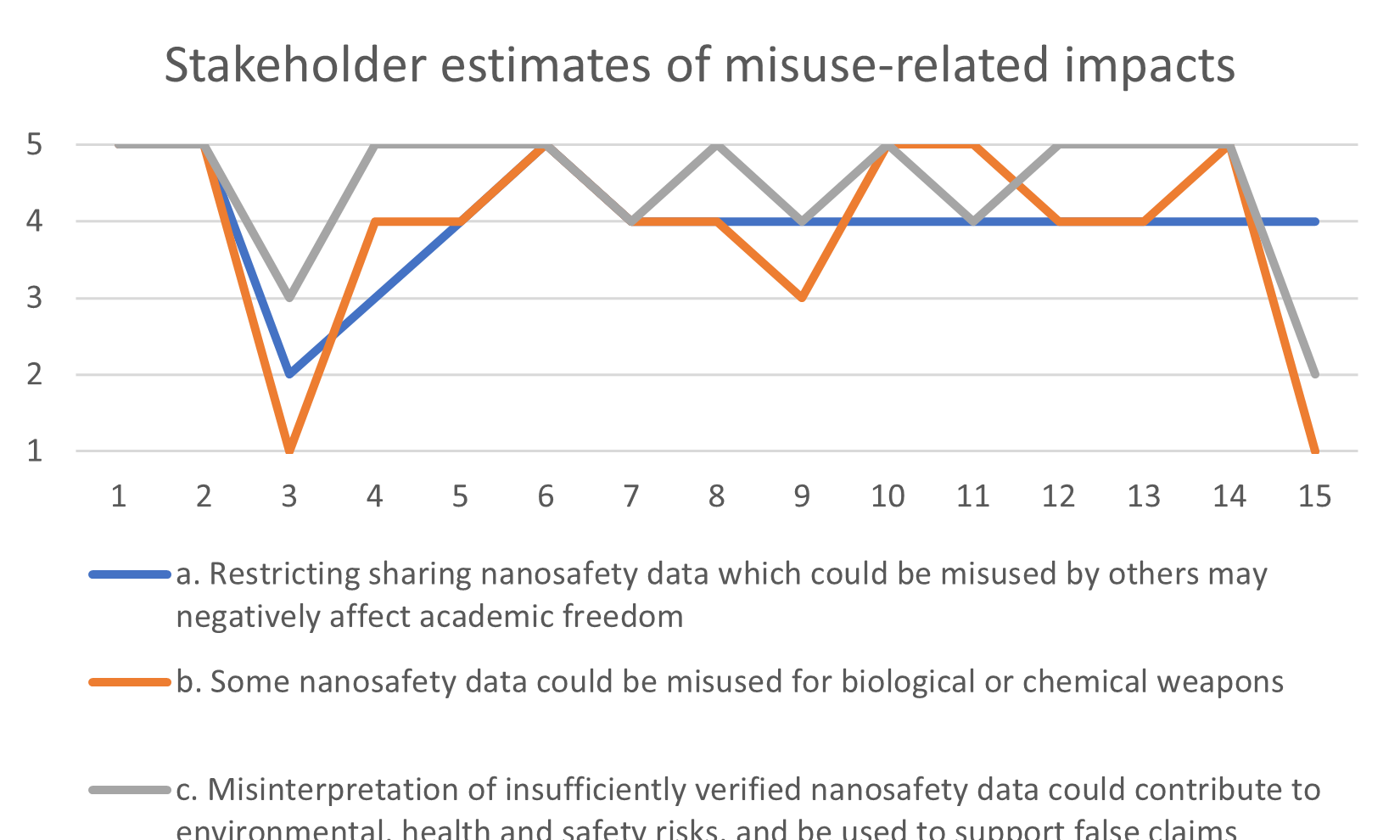Is the choice to share research data an ethical decision?

Egon Willighagen initiated a discussion on the ethics of not releasing data. The scope of the intended data is limited to research data generated in environmental, health and safety testing of (nano)materials. From a philosophical ethical perspective, the issue is presented in rather general terms, and the question cannot be answered as such. In this short opinion article, I will introduce some ethical concepts which may help clarify the issues and dilemmas at stake.
A rather picky remark is that ethics is not the same as morals. Crudely stated, ethics is a philosophical area studying ethical issues and dilemmas, while all people have (distinct) moral convictions on how they should live and what counts as good behaviour. Cultural and religious differences influence what different individuals consider morally sound. At first sight, the issue is not the ethics, but the morals of not releasing data.
However, sharing research data does raise ethical issues and dilemmas, which can be analysed from different ethical theories. In general, deontological, consequentialist and virtue ethics theories can be distinguished. Deontological ethics implies crudely: you are acting ethically sound if you abide by pre-determined rules, even if the consequences are disastrous. Consequentialist ethics implies crudely: you are acting ethically sound if the effects of your actions are good, even if you have not followed the rules. Virtue ethics implies that you should live up to the personal norms and values you were raised and educated in, independently from general legal and ethical norms in the society you live in.
Regarding publication of research data, the creative commons movement is an expression of virtue ethics, because publishing one’s data under a creative commons licence is voluntary. If governments, funding bodies, or employers of researchers make (open access) publication of research data compulsory, researchers who comply abide by deontological ethics. If the use of their data subsequently generates unintended risks, the researchers cannot be blamed for these consequences from a deontological ethics perspective. Likewise, if governments, funders, or employers of researchers prohibit publication of research data, complying researchers cannot be blamed for any consequences from a deontological perspective. However, from the perspective of consequentialist ethics, the foreseeable effects of (open access) publication of research data must be investigated and considered in the decision whether the data will be published. I hope this short discussion of concepts helps clarify the issues at stake.











